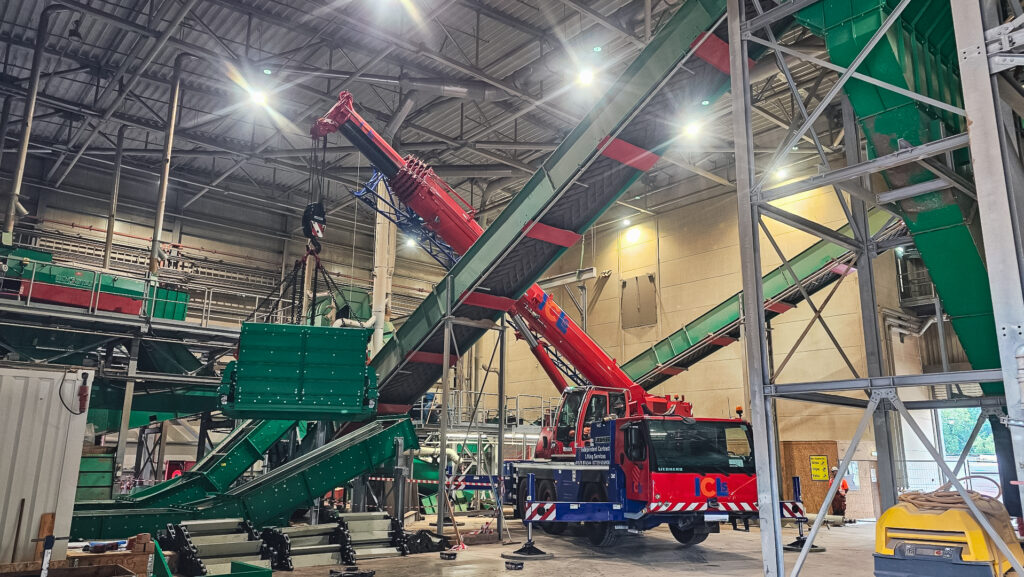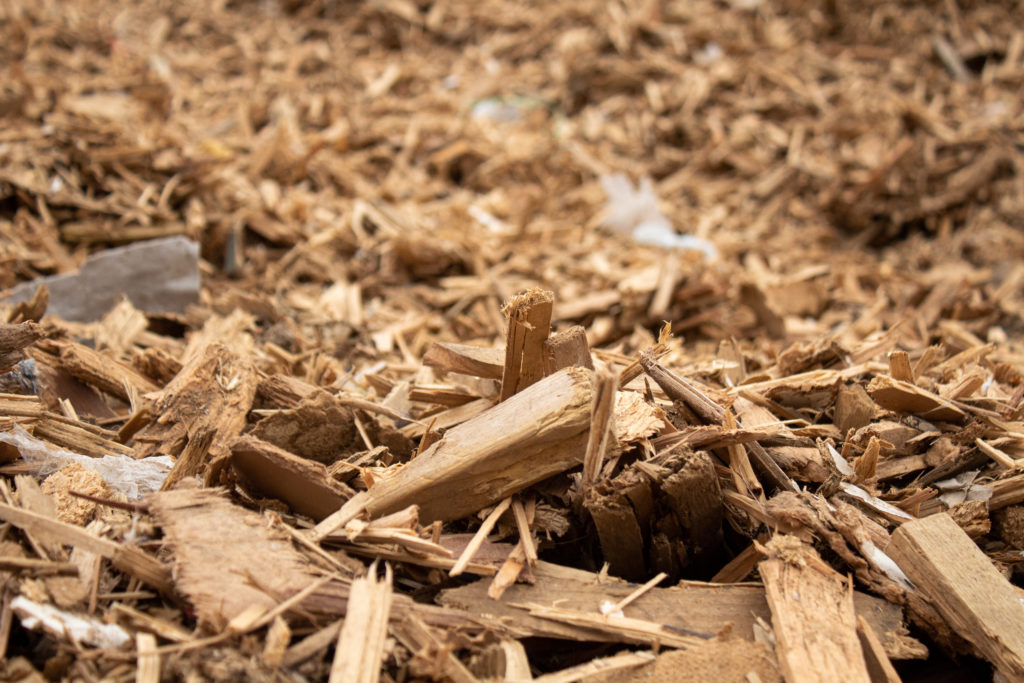The furniture company partnered with board manufacturer Egger for the audit which revealed that Sharps generated a significant amount of waste Melamine Faced Chipboard (MFC) cut-offs during production and manufacturing.
As a result of the audit, Sharps began to look at more efficient ways of both reducing the amount of waste generated and recycling it.
Peter Welsh, operations director at Sharps, said: “After researching the market and speaking with Egger, we decided to work with Timberpak (a subsidiary of Egger UK) and Olivers Transport. The waste MFC off cuts were collected, processed and then transported to Egger for use in the production of future MFC boards at their Hexham manufacturing plant.
“This brought with it numerous benefits for us as a manufacturer and the wider industry. From a material circularity and environmental perspective, recycling the waste back into useable material for production is hugely positive. As well as helping to prolong the lifecycle of the product and reduce the amount of waste sent to landfill, it can preserve precious raw materials and store in captured CO2 for longer. It was also a more cost-effective process, when compared to the waste collection and removal fees we were previously paying.”
Sharp followed then decided to install its own woodchipper on its Bilston site. This allowed the waste wood to be processed directly by Sharps before being collected and delivered to Egger, helping to cut down on transport costs.
Welsh continued: “Historically, the waste timber material was collected in skips and then transported to various recycling centres at third party sites. Now, by processing the timber in-house, the overall process is more streamlined and the waste chips are far easier to store and transport than solid board off-cuts, meaning there are less lorries on the road.
“Wood is an incredibly valuable and natural commodity. As such, if through this initiative we can reduce the number of virgin trees being used in manufacturing, extend the lifecycle of our existing timber and use less transport, it can only be a positive. Indeed, if everyone were to recycle more, our planet and its inhabitants would all benefit.”
Mark Hayton, head of wood purchasing at Timberpak, added: “I believe it’s key to highlight the importance of the waste hierarchy in waste disposal; we need everyone to understand the value of wood as a resource and as such, ensure we use it fully before it’s burned. We encourage collaboration to facilitate recycling and provide producers with outlets, all while promoting sustainable waste management practices.”







Subscribe for free